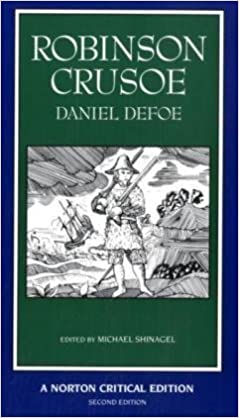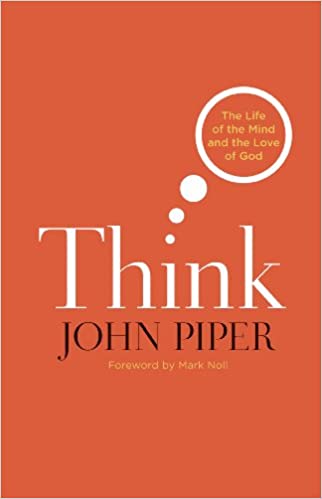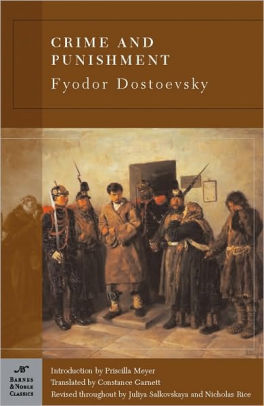Defoe, Daniel. Robinson Crusoe, 1719.
A voluminous writer who has been hailed alternately as English’s first novelist and the language’s greatest hack, Daniel Defoe wrote this wildly popular tale of isolation in 1719, just before he turned 60. Defoe adapted the true account of Alexander Selkirk, a Scottish sailor who had lived alone on a remote island for four-and-a-half years and whose exploits had been recorded in “true histories” prior to the novel’s publication. In this the 300 anniversary of the novel, it’s worth noting that Defoe’s book remains staggeringly popular, with too many cultural adaptations (think of Swiss Family Robinson or the film Castaway) to count. The book has given many an economist a fictional representative to help explain a host of basic principles like consumer goods or capital goods in the pursuit of capital accumulation. In it, you can find the very roots of the novel, the dominant literary form of the past 300 years. You can also read the book as a story of redemption and resurrection, one that foregrounds physical isolation and the desire for physical rescue as a way of getting at the human need for spiritual deliverance. I recommend the novel as a seminal volume of English literature, one that shows how close the roots of the English novel are to spiritual autobiography.
Continue reading “A Review of a Classic 18th Century Novel”


